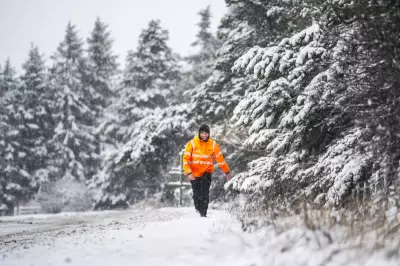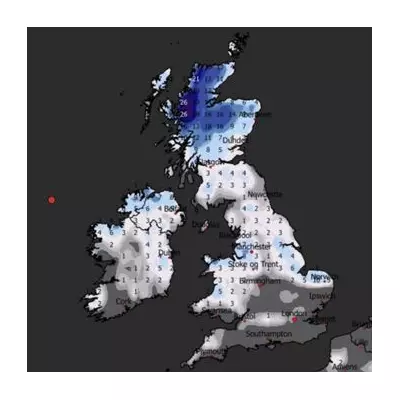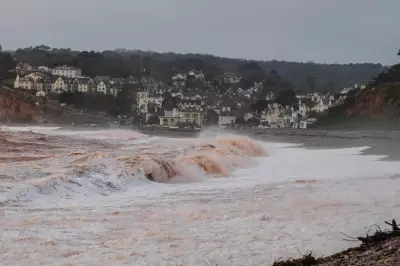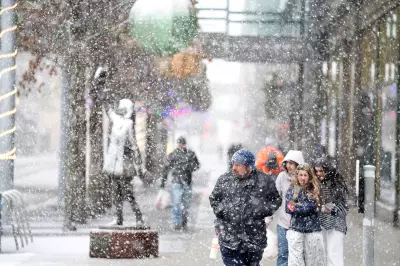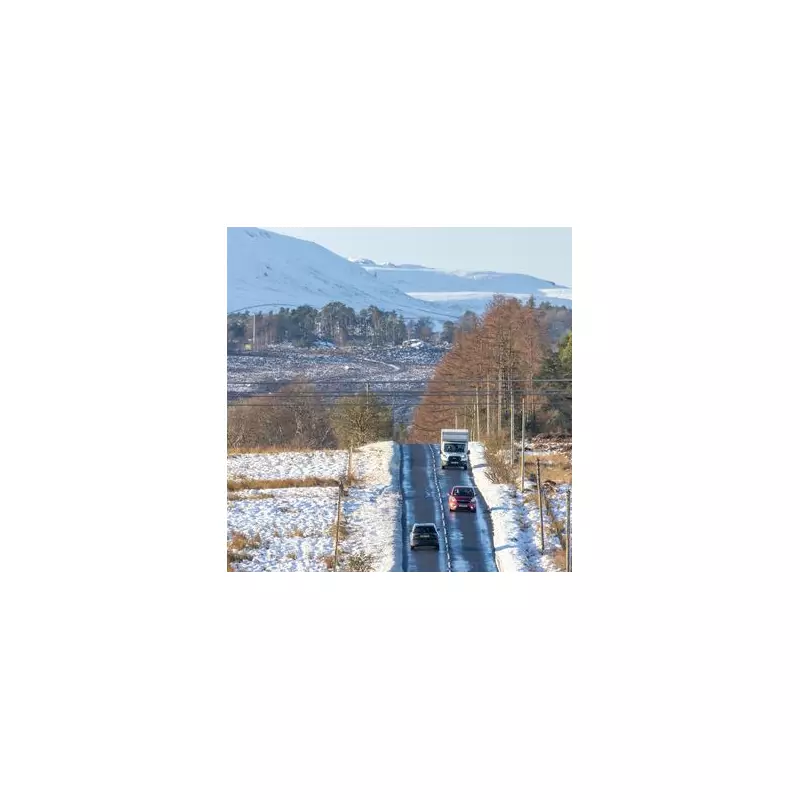
The UK is set for a dramatic taste of winter as new weather maps predict a biting Arctic blast will send temperatures plummeting to a frigid -5C. The sudden cold snap is forecast to bring the first significant snowfall of the season to higher ground, signalling an abrupt end to the recent milder conditions.
According to detailed projections from WXCharts, the mercury is expected to take a nosedive around Thursday, October 31st. The most severe cold is predicted for the Scottish Highlands, where temperatures could struggle to get above freezing even during the day.
Where and When Will the Snow Fall?
The initial snowfall is most likely to dust the peaks of the Scottish Highlands first. However, forecast models suggest that as the cold air pushes southwards, parts of Northern England and even Northern Ireland could see a wintry mix of sleet and snow by the weekend of November 2nd-3rd.
Meteorologists are closely watching the development of a high-pressure system over Greenland, which is expected to funnel bitterly cold air directly from the Arctic towards the British Isles. This weather pattern, known as a 'blocked' pattern, can often lead to prolonged periods of cold weather for the UK.
Met Office and BBC Weather Weigh In
While the Met Office's own long-range forecast stops short of predicting specific snow events, it does indicate a period of 'increasingly settled' conditions with a higher chance of overnight frosts and fog. They note that temperatures are likely to fall 'below average' for this time of year.
A BBC Weather forecaster added, "There are strong signals for high pressure to build to the north of the UK, which would allow colder air to filter down from the Arctic. This significantly increases the chance of frost and, for some, the first wintry precipitation of the season."
This early cold spell serves as a sharp reminder that winter is on its way. Residents are advised to keep a close eye on the latest forecasts and consider preparing for the potential travel disruption that even minor snow events can cause.


